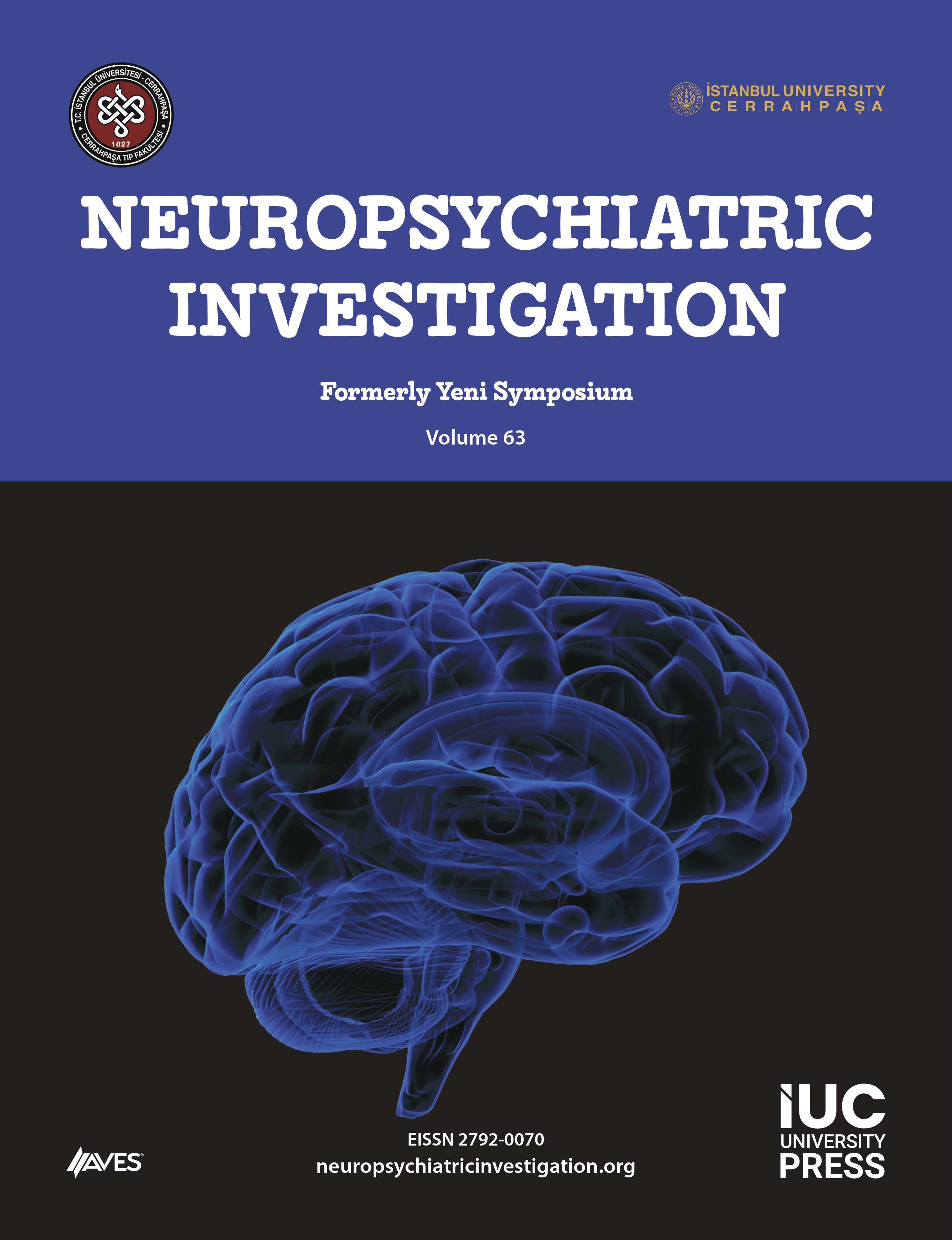Objective: The present study was conducted to see to what extend resilience plays a moderator role between depression, rumination and childhood trauma among university students in Turkey.
Methods: In the current study, 368 private university students were participated and four different questionnaires were used in order to obtain the data from participants. The questionnaires are Childhood Trauma Questionnaire, CES Depression Scale, Ruminative Response Scale and Brief Resilience Scale.
Results: The results revealed that there is no significant moderating effect of resilience between childhood trauma and depression on the other hand, there is a significant moderating effect of resilience on the relationship between childhood trauma and rumination. The effect of childhood trauma on rumination changes due to resilience level and it is found that resilience moderates the relationship between childhood trauma and rumination only for the low levels of childhood trauma.
Conclusion: Traumatic experiences do not necessarily result in psychological dysfunction in adulthood. Although inpiduals have traumatic experiences during their childhood, they are able to deal with long-term effects of traumas through certain psychological abilities, such as resilience. The present study makes an important contribution to the literature while indicating the effect of resilience on the relationship between depression, rumination and childhood trauma in Turkish university students.




.png)